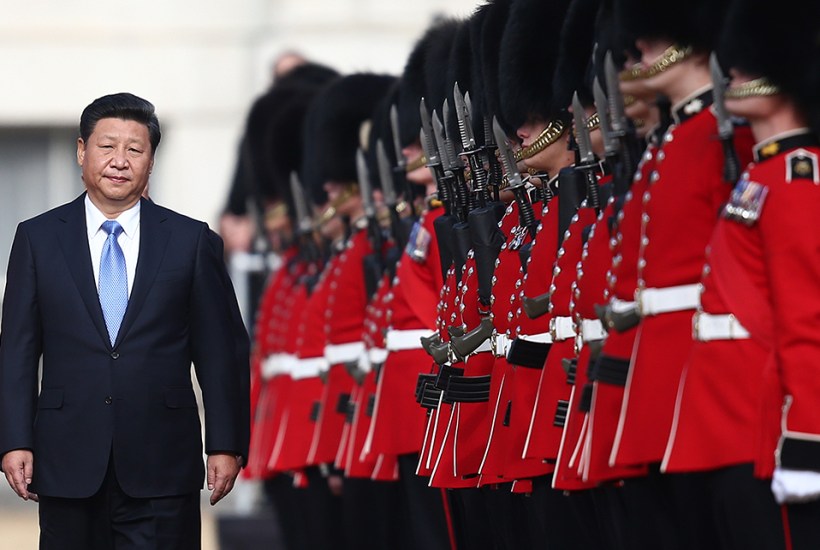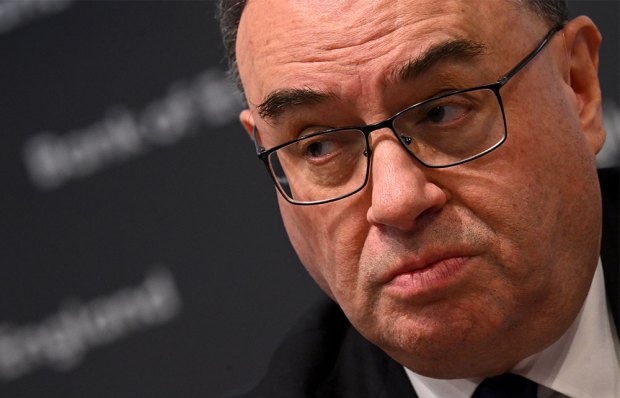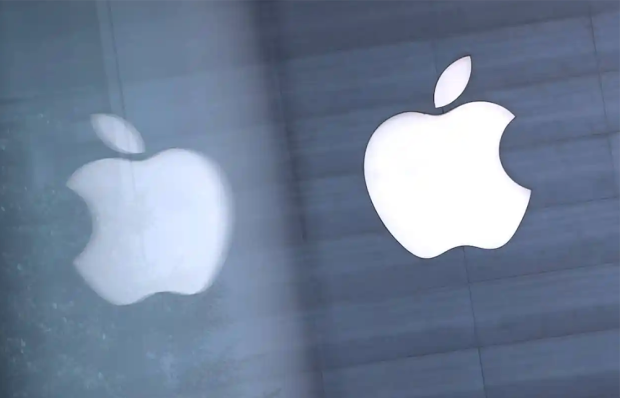I can’t read ‘China rocked by protests’ and ‘Zero Covid could be the end of Xi Jinping’s rule’ without recalling 4 May 1989, when I watched chanting students march into Tiananmen Square and overheard the British ambassador Sir Alan Donald declare: ‘There, you see how liberal China is becoming.’ I was a banker back then and had just visited the People’s Bank of China to discuss its appetite for investing in UK government debt – having flown up from Hong Kong, where business was booming under the reassurance that the British-run outpost’s way of life would remain unchanged for 50 years after the forthcoming handover to Beijing.
The consensus among sinologists, bankers and most journalists of the era was that China’s leadership was gradually moving towards businesslike accommodations with the West and with its own internal advocates for reform. A month later, tanks rolled into Tiananmen Square. Latterly, Hong Kong’s freedoms have been crushed by a brutal ‘national security’ law while western governments strive to exclude Chinese investors but most developing nations offer them a hero’s welcome.
Communist party rule in Beijing has only ever had two objectives: total control at home and ruthless economic imperialism abroad. Rishi Sunak was right when he said that cosying up to Chinese money in the past decade was ‘naive’. Whatever this week’s headlines, don’t hope for change.
North Sea advantage
While Sunak and his ministers were squabbling over whether to lift the embargo on onshore windfarms, I was rubbing shoulders with intrepid UK entrepreneurs in independent oil and gas exploration and production – most of them hopping mad at the 75 per cent marginal tax rate they face after Jeremy Hunt’s Budget. They’re also cross that neither politicians nor the public understand the lower-carbon advantage of North Sea gas over the imported liquefied natural gas on which we’re so heavily reliant: measured by ‘CO2 per barrel of oil equivalent’, LNG from the United States – requiring heavy processing and long-distance shipping – clocks up more than 100kg compared with a North Sea average of around 20kg.
I met one small company, Aim-listed IOG, that’s bringing gas ashore from the Blythe field off the Norfolk coast through a recommissioned existing pipeline at a small fraction even of the low UK CO2 average. Substituting clean gas from our own remaining sources for dirtier fuel from distant places is an obviously sensible strategy – alongside more renewables, of course – but Hunt’s punitive tax regime seems to be doing everything possible to discourage it.
Jumble-sale value
‘The UK is the ultimate jumble sale,’ says Wes McCoy, manager of the £350 million Abrdn UK Value Equity Fund. ‘You can be sad about the demise of the UK’s reputation, but it’s a great opportunity…’ That’s very much the spirit in which I invited you to suggest safe but boring and undervalued FTSE shares as an alternative to all the overhyped tech stocks and financial novelties whose prices have recently plunged.
Responses so far have been eclectic. A vet tells me his own sector is doing ‘solidly well’ even after the end of the lockdown puppy boom, and you can buy into it via Pets at Home (which has in-house vet clinics) or CVS Group. Others favour the pharma giant AstraZeneca, the housebuilder Henry Boot, the distribution service group Bunzl and Primary Health Properties – a company I know well as its official historian – which owns almost £3 billion of leased GP surgery buildings. And one reader says why not cut to the chase by buying into Berkshire Hathaway, master company of value investing’s grandaddy, Warren Buffett? Its principal listing is in New York but its ‘B’ shares are traded in London.
As ever, do your own research on these suggestions – and do send more to martin@spectator.co.uk.
Inflation’s peak?
Has inflation peaked, having hit a global high (says Moody’s) of 12.1 per cent in October? Most indicators are in the right direction. Though many commodity prices are still above pre-pandemic levels, they’re coming down: a barrel of Brent crude is at $86 compared with $120 in the summer; natural gas likewise down by around 30 per cent. As port gridlocks ease, so do shipping prices: Drewry’s world container index has plunged from $10,400 in September last year to $2,400.
But will this receding tide find the UK exposed with its trunks down? The weak pound leaves us at the mercy of imported price rises. Wage settlements have been below inflation so far but we’ll see whether employers, many still facing labour shortages, can hold the line. And when physical supply issues are out of the equation, we’ll discover just how much continuing inflation is the legacy of all that money-printing and cheap money. If we’re the last major economy out of the inflation trap, don’t be surprised.
Sausage stuffing
Who says we’re not getting the inward investment we deserve from our former EU partners? A deal worth more attention than it got this week was the acquisition for £540 million of Scottish-based sausage-casings maker Devro by a German group called Saria, which says it aims to maintain and invest in Devro’s seven UK factories.
Saria belongs to the Rethmann family, one of Germany’s richest, whose interests span food manufacturing, agriculture and waste recycling but who were abbreviated in reports of the takeover to ‘billionaire German sausage dynasty’. If trade ministers failed to trumpet the Devro deal, it’s perhaps because the image of rampant German wurstfleisch being pumped into limp British casings made too uncomfortable a metaphor.
The post We should never have tried cosying up to Chinese investors appeared first on The Spectator.
Got something to add? Join the discussion and comment below.
Get 10 issues for just $10
Subscribe to The Spectator Australia today for the next 10 magazine issues, plus full online access, for just $10.
You might disagree with half of it, but you’ll enjoy reading all of it. Try your first month for free, then just $2 a week for the remainder of your first year.















Comments
Don't miss out
Join the conversation with other Spectator Australia readers. Subscribe to leave a comment.
SUBSCRIBEAlready a subscriber? Log in